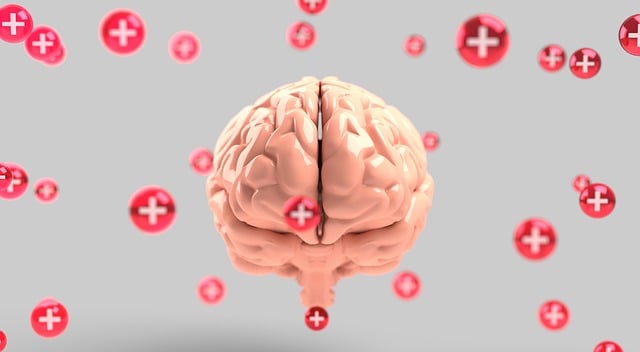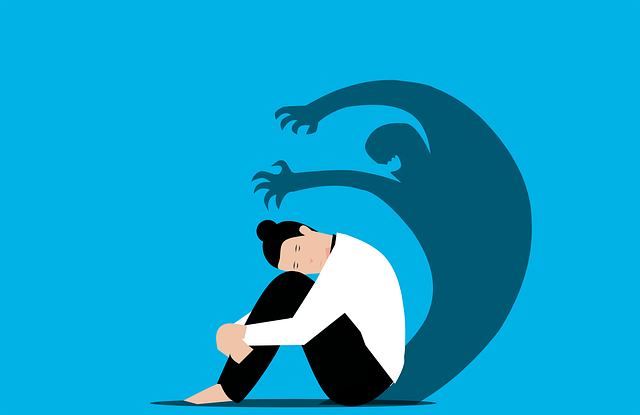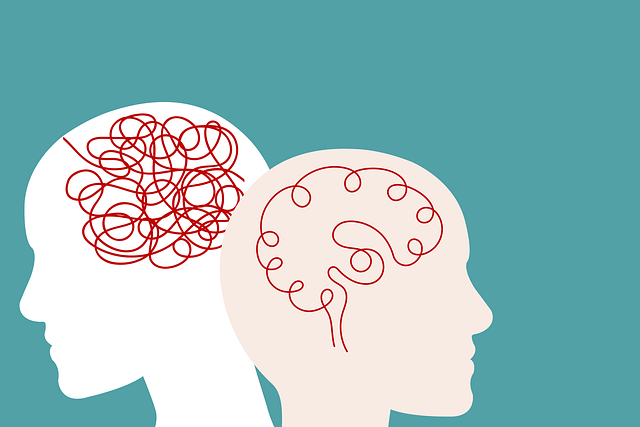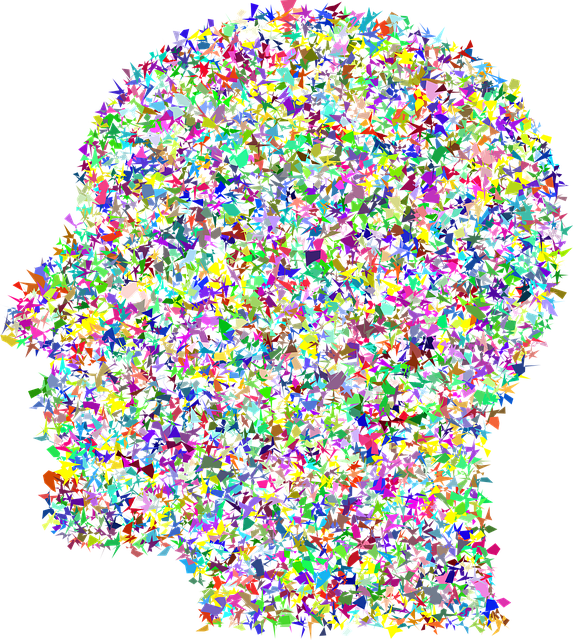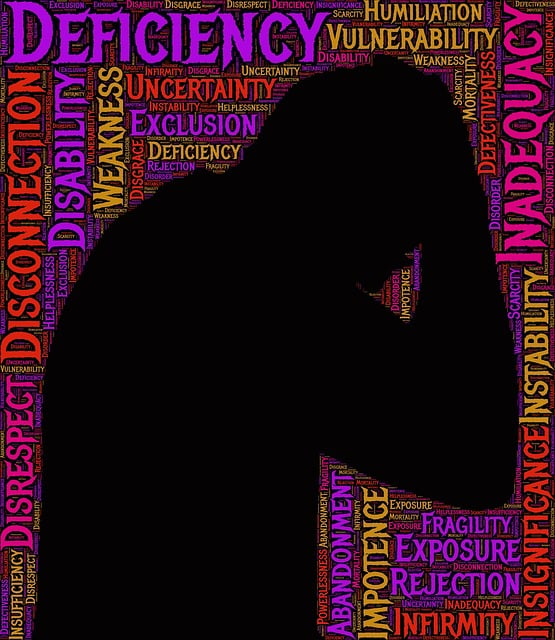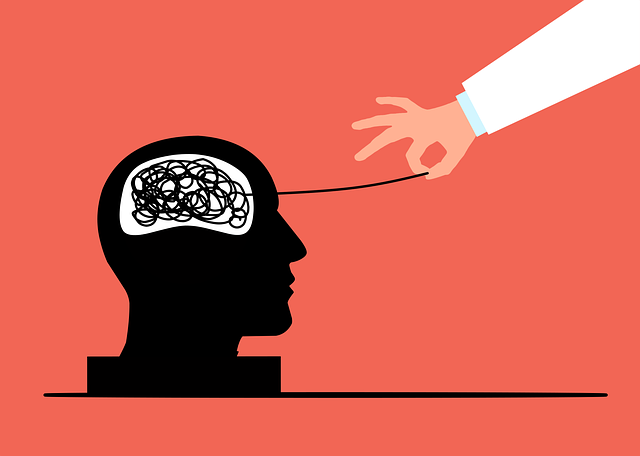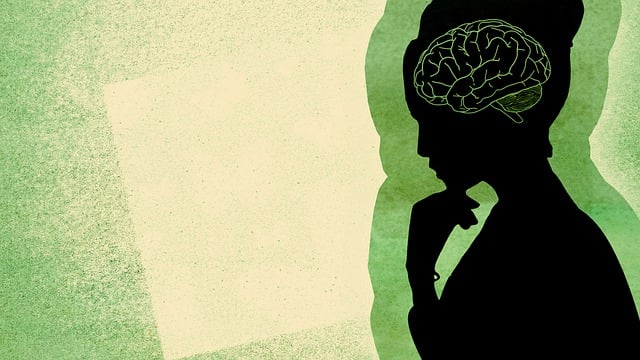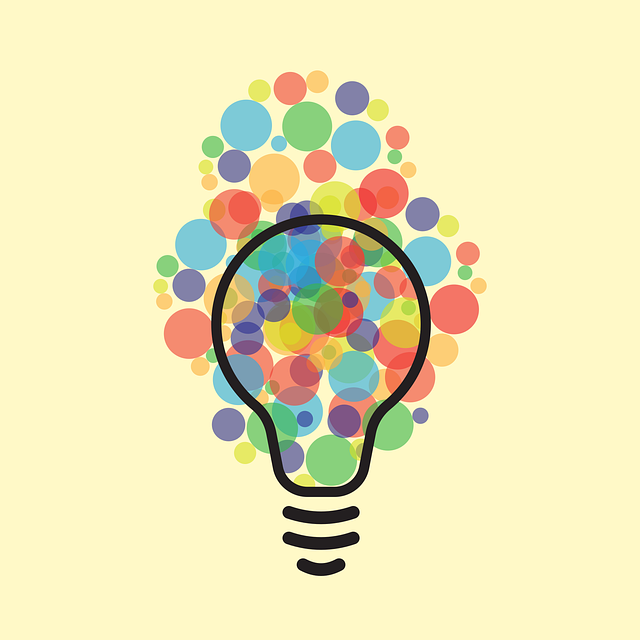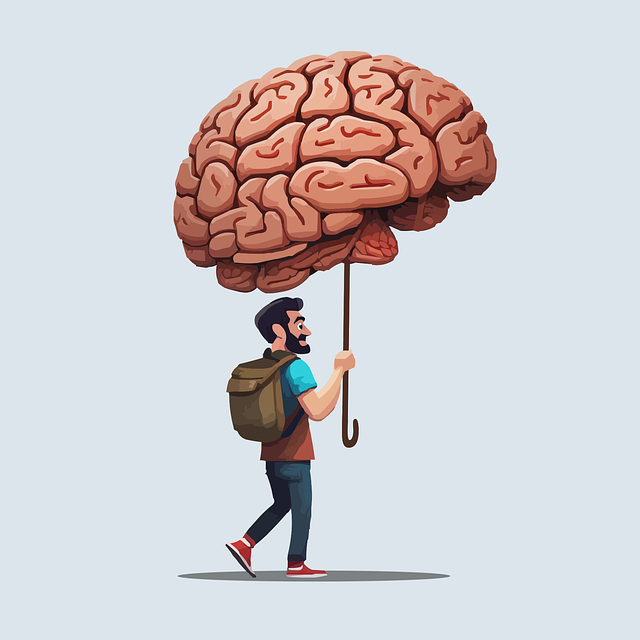Aurora Geriatrics Therapy (AGT) offers a holistic, stigma-reducing approach to senior care, focusing on quality of life through the RFM framework (Representational, Functional, and Meaning). They empower elders with improved coping & communication skills by leveraging resilience-building exercises, mindfulness, social interactions, and culturally sensitive practices. AGT's tailored interventions address isolation, chronic illnesses, cognitive decline, and promote independence, well-being, and purpose for diverse backgrounds.
“Unleashing the power of resilience is a cornerstone of elderly care, and Aurora Geriatrics Therapy (RFM) offers a unique approach. This article explores how RFM, grounded in core principles, enhances well-being for seniors. We delve into the significance of resilience building exercises, their impact on both physical and mental health, and how they can be effectively implemented by caregivers and therapists. Discover practical tips to integrate RFM into geriatric regimes, fostering a vibrant and resilient aging experience.”
- Understanding RFM: The Core Principles Behind Aurora Geriatrics Therapy
- The Role of Resilience Building Exercises in Elderly Care
- Types of Exercises: Enhancing Physical and Mental Well-being
- Benefits of Incorporating RFM into Geriatric Regimes
- Practical Implementation: Tips for Caregivers and Therapists
Understanding RFM: The Core Principles Behind Aurora Geriatrics Therapy

Aurora Geriatrics Therapy (AGT) is a revolutionary approach that focuses on enhancing quality of life for older adults by addressing their physical, cognitive, and emotional needs. The RFM framework – Representational, Functional, and Meaning – forms the core principles behind AGT. This therapeutic model recognizes that understanding an individual’s unique representation of experiences, how these representations impact daily functioning, and the deeper meaning they hold, is crucial for effective treatment.
By delving into these dimensions, AGT aims to foster coping skills development and improve communication strategies, thereby reducing the stigma associated with mental illness in older populations. Through tailored interventions, AGT enables individuals to navigate life’s challenges more resiliently, enhancing their overall well-being and enabling them to thrive despite age-related changes or health issues.
The Role of Resilience Building Exercises in Elderly Care

Resilience building exercises play a pivotal role in elderly care, focusing on enhancing mental wellness and fostering a sense of purpose among the aging population. Aurora Geriatrics Therapy recognizes that older adults often face unique challenges, including isolation, chronic illnesses, and cognitive decline. Implementing activities that promote resilience allows them to navigate these difficulties with greater ease. These exercises are tailored to individual needs, incorporating gentle movements, mindfulness practices, and social interactions designed to boost confidence and maintain independence.
Cultural sensitivity in mental healthcare practice is seamlessly integrated into these sessions, ensuring that the well-being interventions resonate with diverse backgrounds and beliefs. The approach respects the unique life experiences and perspectives of each resident, fostering a safe and inclusive environment where everyone feels valued. Additionally, confidence-boosting techniques from the Mental Wellness Podcast Series Production can be incorporated to empower the elderly, encouraging them to embrace new challenges and participate actively in their care journeys.
Types of Exercises: Enhancing Physical and Mental Well-being

Resilience building exercises play a pivotal role in enhancing both physical and mental well-being, as recognized by Aurora Geriatrics Therapy. These exercises are not just about improving strength or flexibility; they are designed to strengthen the mind’s ability to cope with stress and adversity. Activities like mindfulness meditation, for instance, promote mental clarity and emotional regulation, helping individuals navigate challenging situations with a calmer mindset.
Moreover, incorporating self-care practices into one’s routine is an essential component of building resilience. Regular physical activity, adequate sleep, and proper nutrition form the foundation of good health, while engaging in hobbies or social interactions can boost mood and provide much-needed mental breaks. For mental health professionals, integrating these exercises into their practice also involves conducting thorough risk assessments and implementing robust risk management planning to ensure a safe and supportive environment for clients.
Benefits of Incorporating RFM into Geriatric Regimes

Incorporating RFM (Reach, Function, Meaning) into geriatric regimes offers a multitude of benefits tailored to enhance quality of life for senior individuals. At Aurora Geriatrics Therapy, we recognize that as people age, maintaining independence and purpose can become challenging. RFM exercises are designed to address these challenges by focusing on three key areas: reach extends physical and cognitive abilities, function improves daily task performance, and meaning cultivates a sense of purpose and engagement. This holistic approach not only boosts overall well-being but also empowers seniors to navigate life’s transitions with enhanced coping skills and improved communication strategies.
Beyond improving physical and mental capabilities, integrating RFM into geriatric care promotes effective stress reduction methods. By encouraging meaningful activities and social interactions, Aurora Geriatrics Therapy helps individuals develop robust coping skills that can mitigate the impact of age-related stressors. This, in turn, fosters a sense of calm and resilience, enabling seniors to embrace life with renewed vigor. Additionally, the emphasis on communication strategies within RFM exercises facilitates better connection with loved ones and healthcare providers, further enriching their overall experience.
Practical Implementation: Tips for Caregivers and Therapists

Implementing resilience-building exercises into daily routines is a powerful tool for caregivers and therapists supporting older adults. At Aurora Geriatrics Therapy, we understand the significance of fostering mental agility and emotional strength. Here are some practical tips to make these techniques accessible:
Start with simple activities like memory games or storytelling, engaging both cognitive and social skills. Incorporate communication strategies, encouraging open dialogue about feelings and experiences. These conversations can enhance bonding and provide valuable insights into the individual’s world. Additionally, designing mental health education programs tailored to their interests can make learning more enjoyable and effective. Social Skills Training is another vital aspect; group activities or pair exercises can improve interaction and reduce social isolation. Remember, consistency and patience are key; regular practice of these resilience-building techniques will yield significant benefits over time.
Aurora Geriatrics Therapy offers a holistic approach to elderly care through its RFM (Resilience, Flexibility, and Mobility) program. By integrating resilience-building exercises tailored to individual needs, this therapy enhances physical strength, mental agility, and overall well-being in the senior population. The practical implementation strategies outlined in this article empower caregivers and therapists to make a significant impact on the lives of their elderly patients, fostering independence and improving quality of life. Incorporating RFM into geriatric regimes is a game-changer, ensuring folks age with grace and resilience.
